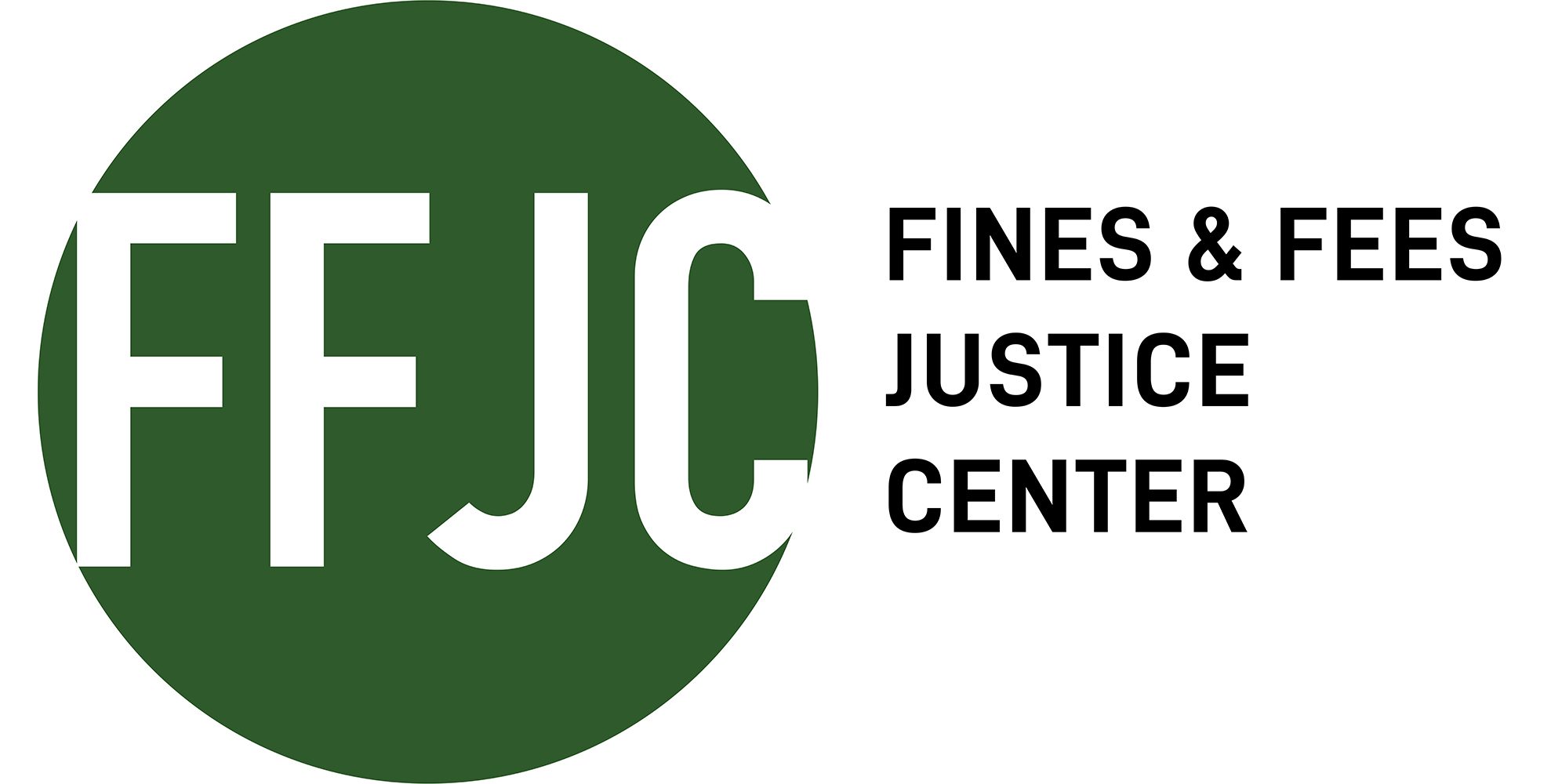Before gaining access to basic utility services in the City of LaGrange, individuals must pay all fines and fees assessed by the LaGrange Municipal Court, which includes fines and fees unrelated to utility services like those imposed in misdemeanor cases. For example, the City charges a $50 fee for a public defender application. Additionally, individuals are assessed an administrative fee and court costs for each offense for which they are fined, which usually increases the total original fine by 30 to 60 percent. When unable to pay, individuals are placed on probation, which entails a $44 monthly supervision fee while they pay their fines over time. Any debt unpaid at the end of probationary period is sent to the LaGrange Collections Department.
In some instances, the City allows individuals who owe court debt to open utility accounts, but then adds the court debt to the individuals’ monthly utility bills. Failure to pay results in threats of utility termination. Court debt added to the accounts usually come from convictions such as driving without a license or on a suspended license, failure to appear, loitering, playing a radio too loudly, and cursing in public. Several of the convictions were more than 10 years old when the City added the unpaid fines and fees arising from them to customers’ utility accounts.
Plaintiffs challenged this policy on the ground that it has a disproportionate, discriminatory impact on Black and Hispanic residents in violation of the Fair Housing Act (FHA). Plaintiffs also challenged a policy which requires a valid social security number and government-issued photo identification as a condition of obtaining a utilities account on the same ground.
On December 7, 2017, the District Court granted the City’s motion to dismiss the case, finding that Plaintiffs failed to state a claim under the FHA and also lacked sufficient standing. The Court found that the relevant section of the FHA, Section 3604(b), only applies to discriminatory conduct that precedes or is contemporaneous with the acquisition of housing, and most plaintiffs alleged discrimination occurring after the acquisition of housing (“post-acquisition conduct”). The Court explained that although one plaintiff alleged discrimination prior to acquisition, he did not apply for utilities because he knew he was unable to meet the requirements and therefore he did not sufficiently demonstrate injury-in-fact so as to have standing. On January 4, 2018, Plaintiffs’ appealed the Court’s judgment to the U.S. Court of Appeals for the Eleventh Circuit.
On October 10, 2019, the Eleventh Circuit vacated the District Court’s judgment and remanded the case for further proceedings. First, the Eleventh Circuit found that Section 3604(b) of the FHA can reach post-acquisition conduct. It held that because the Section did not contain any “temporally limiting language, the plain language of Section 3604(b) may, under certain circumstances, encompass the claim of a current owner or renter for discriminatory conduct related to the provision of services, as long as those services have a connection to the sale or rental of the dwelling.” Second, the Eleventh Circuit held that water, gas, and electricity services fall within the scope of Section 3604(b) because such services are “closely tied to the sale or rental of a dwelling” and “are essential to the habitability of a dwelling.” Finally, the Eleventh Circuit held that Section 3604(b) applied to the City because neither the text of the Section nor case law had limited liability thereunder to only housing providers. The Eleventh Circuit instructed the District Court, on remand, to determine anew whether Plaintiffs’ disparate impact allegations stated a claim for which relief could be granted under Section 3604(b). The Eleventh Circuit also did not bar the District Court from reevaluating Plaintiffs’ standing or from considering any other affirmative defenses asserted.
On February 7, 2020, the District Court granted Plaintiffs’ motion for leave to file a first amended complaint. The case is now pending before the U.S. District Court for the Northern District of Georgia.
You can find a detailed summary and case documents on University of Michigan Law School’s Civil Rights Litigation Clearinghouse. Additional documents can be found here and here.
